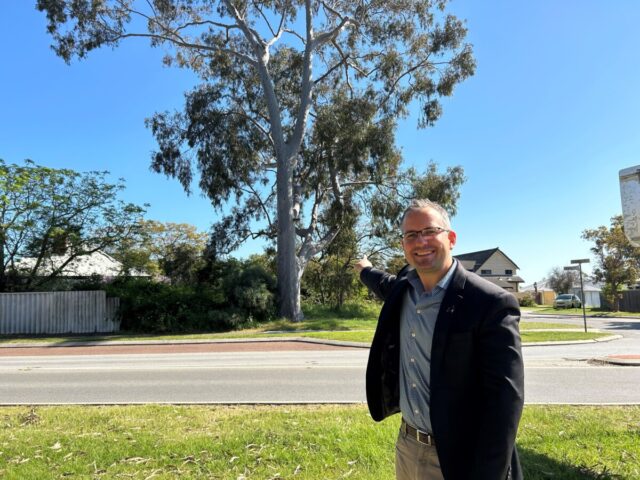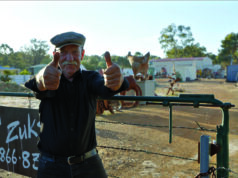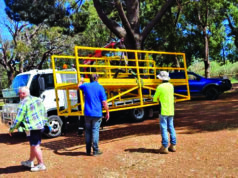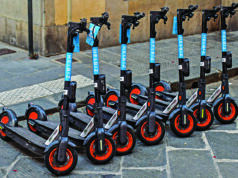
Residents in the City of Canning can now earn $200 a year for registering significant trees on their private property, following the Council’s adoption of a new policy aimed at protecting mature trees across the city.
Councillor Ben Kunze, who led the push for the initiative, said the financial incentive was the first of its kind in the region and a big step toward safeguarding Canning’s natural canopy.
“This is a bold new initiative that the City of Canning is implementing to financially reward those who choose to provide their private trees with heightened protection under the planning framework,” Cr Kunze said.
The policy, which was unanimously adopted at the last Council meeting, allows residents to nominate trees of historical, scientific, social or aesthetic value for inclusion on the City’s Significant Tree Register. Once listed, these trees receive formal protection, and a development application would be required to remove them.
Since the idea first gained attention in September last year, four residents have already submitted applications for their trees. Cr Kunze expects this number to grow now that the policy is in place and the City begins its official promotion.
“A targeted engagement and marketing campaign will be undertaken annually across Canning’s media platforms to encourage nominations of private trees and promote the incentives,” he said.
Although there is no set target for how many trees the City hopes to register in the first year, Cr Kunze said each one added to the register was a win for the environment.
“Every single tree that gets placed on the register instead of being cleared will be a win,” he said.
Applications will first be assessed by the City’s greening team. If a tree meets the criteria, an independent arborist will be called in to assess its health. The final step is Council endorsement, which formalises the tree’s protection under Canning’s Local Planning Scheme.

The $200 annual payment per tree has been included in the City’s 2025–26 budget, and the program’s success will be reviewed in future budget cycles.
While registered trees cannot be removed without approval, there are exceptions. Landowners can apply for removal based on reasons such as poor tree health, safety concerns, or development proposals. Any such request would need to be reviewed and approved by Council.
Cr Kunze hopes the new policy will inspire other councils across Western Australia to adopt similar programs.
“With a lack of action from the State Government, it is up to local governments to look at innovative ways to protect within the current legislative framework,” he said.
The policy also supports the City’s broader environmental goals. As part of its Urban Forest Strategy, Canning is aiming to increase canopy cover by more than 22 percent over the next 20 years by planting over 60,000 new trees between 2020 and 2030.
“Canning is forecast to lose 34 hectares of tree canopy cover by 2039 due to land clearing, so this program will hopefully reduce that figure,” Cr Kunze said.













